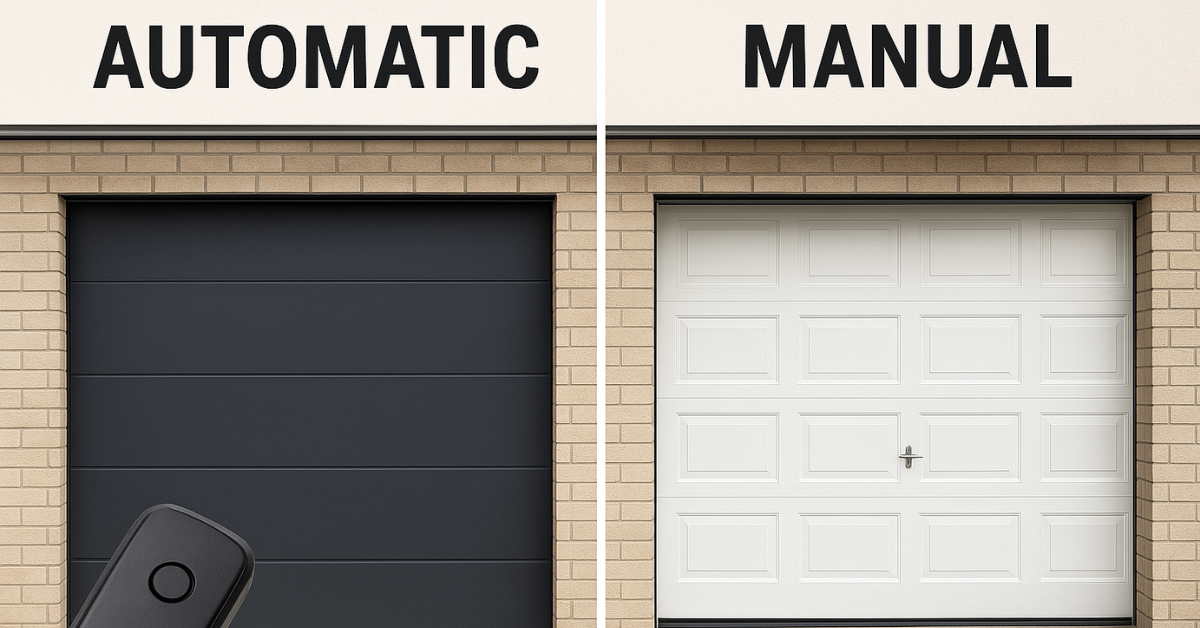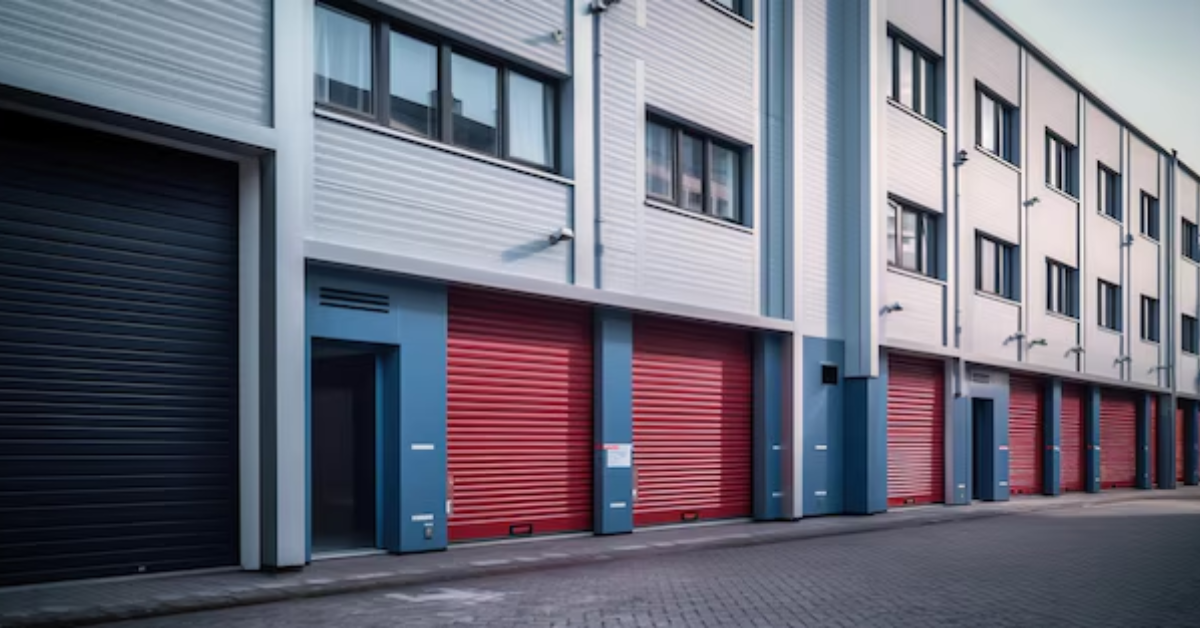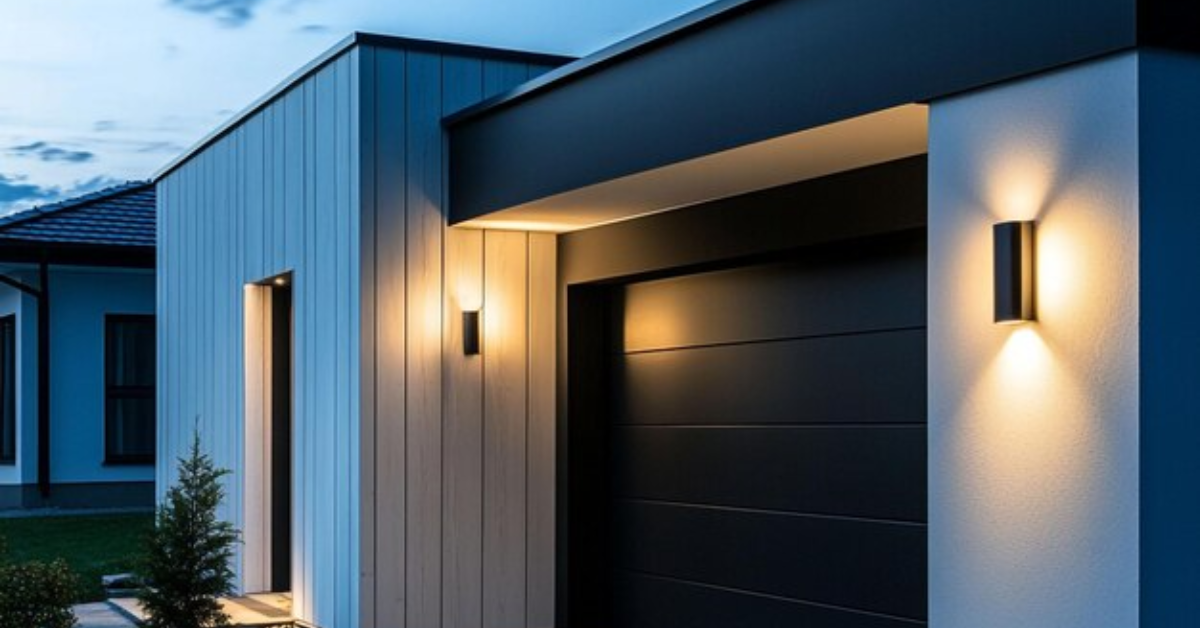Automatic vs Manual Garage Doors | What’s Best for Your Home?
A garage door is more than just a way to protect your car or keep belongings secure. It plays a key role in your home’s convenience, safety, and overall style. If you’re installing a new garage door or replacing an old one, you’re probably deciding between two major options: automatic vs manual garage doors.
Both styles have their own benefits, and the right choice depends on how you use your garage, your budget, and the features you value most. In this helpful guide for homeowners, we’ll explore the differences between automatic and manual garage doors, including operation, cost, maintenance needs, and safety. By the end, you’ll feel confident choosing the one that suits your lifestyle.
What Is a Manual Garage Door?
A manual garage door is a simple, traditional option that you open and close by hand. It often features a locking handle and requires no electricity or motor. These doors are practical, lightweight, and easy to use for smaller garages or secondary storage spaces. Manual doors are popular with homeowners who prefer straightforward design and lower upfront costs.
What Is an Automatic Garage Door?
An automatic garage door uses a motorized opener that allows you to open and close the door with a remote, wall control, or even a smartphone app. This hands-free convenience makes it a favorite in modern homes.
Automatic options come with advanced features like motion sensors, LED lighting, and smart-home integration for added ease and security.
Key Differences: Manual vs Automatic Garage Doors
Choosing between manual and automatic garage doors isn’t just about how they open. It impacts your daily comfort, long-term maintenance, and home value.
1. Convenience and Ease of Use
If convenience is a top priority, automatic wins. Imagine opening your garage door from your car during rainstorms or late nights. Automatic systems make daily life easier, especially for families or those with mobility issues.
Manual doors require physical effort each time you use them. This may not be a big deal if you use the garage occasionally, but can become tiring for frequent access.
2. Installation and Upfront Cost
Manual garage doors cost less because there’s no motor or electrical setup required. Installation is typically faster and budget-friendly.
Automatic doors are more expensive due to the opener, sensors, remote controls, and sometimes smart features. However, many homeowners consider the extra cost worth the upgrade.
3. Maintenance
Manual doors are simpler machines with fewer parts that can break. That means lower maintenance needs and repair costs.
Automatic doors have more components, including the motor, chain or belt drive, and electrical systems. Regular maintenance ensures smooth, reliable performance and safety.
4. Home Security
Security matters for every homeowner. Manual doors provide security through mechanical locks, but can sometimes be forced open more easily.
Automatic garage doors usually include advanced security features such as:
- Rolling-code technology that prevents remote hacking
- Auto-reverse sensors to avoid injuries
- Automatic locking systems
Some advanced models combine security cameras and alerts to monitor activity around your home.
5. Energy Efficiency
Manual doors don’t require power and may be more energy-efficient in small garages.
Automatic doors use electricity but newer models are designed for efficiency, with standby modes and insulated materials that reduce energy loss.
6. Safety Features
When comparing automatic vs manual garage doors, safety is a major factor. Manual doors may become difficult to lift over time, increasing the risk of strain or injury.
Automatic openers include built-in safety sensors that detect obstacles. This protects pets, kids, cars, and anything else in the door’s path.
Which Option Fits Different Home Lifestyles?
Your lifestyle plays the biggest role in your choice. Let’s break it down with real-world examples:
If you use your garage as the main entry to your home:
An automatic garage door offers quick access and better security.
If your garage is a storage space used a few times a month:
A manual door might be more budget-friendly and practical.
If you live with elderly family members or someone with limited mobility:
Automatic is the safest, most comfortable choice.
If your home experiences frequent power outages:
A manual door provides reliable access without electronics. Automatic openers do come with a backup release, but still require manual lifting in outage situations.
Can You Convert a Manual Door Into an Automatic One?
Absolutely. If you currently have a manual garage door, you don’t need to replace the entire system. Many existing doors can be upgraded with an automatic garage door opener. This is a great way to enjoy modern convenience without a complete overhaul.
A professional technician can inspect your door to ensure compatibility and safety.
Choosing the Right Garage Door for Your Home
When making a final decision about automatic vs manual garage doors, consider:
How frequently do you use the garage?
Daily users benefit more from automation.
What is your budget?
Manual doors are more affordable initially.
Do you care about smart-home features?
Automatic systems connect seamlessly with modern tech.
Are you upgrading for safety or accessibility?
Automatic comes with built-in protections and ease of access.
How important is long-term value?
Automatic garage doors may boost property value and curb appeal.
There’s no wrong choice, just the one that fits your life best.
Final Thoughts
Your garage door is a vital part of your home’s comfort and security. Manual doors win for affordability and low maintenance, while automatic doors shine in convenience, safety, and modern functionality. By evaluating your needs and lifestyle, you can choose a garage door that truly supports your routine.
Whether you're upgrading your home or installing a brand-new system, understanding the differences between these two options helps you make a confident decision that benefits your home for years to come.
FAQs About Automatic vs Manual Garage Doors
Q: Are automatic garage doors worth the money?
A: Yes, if you want convenience, smart features, and added security.
Q: Are manual garage doors more durable?
A: Manual doors have fewer parts that can break, making them easier and cheaper to maintain.
Q: Do automatic garage doors work during power outages?
A: Most openers include a manual release, but you’ll need to lift the door yourself.
Q: Can I convert a manual garage door into automatic?
A: Yes, many doors can be upgraded by installing a motorized opener.
Q: Which type of garage door is safer?
A: Automatic doors include sensors and anti-break-in features, making them generally safer.




